MIT, Stanford and Toyota Research Institute use AI to predict accurately the useful life of batteries
Green Car Congress
MARCH 26, 2019
Scientists at the Massachusetts Institute of Technology (MIT), Stanford University and the Toyota Research Institute (TRI) have discovered that combining comprehensive experimental data and artificial intelligence provide the key for accurately predicting the useful life of lithium-ion batteries before their capacities started to wane.




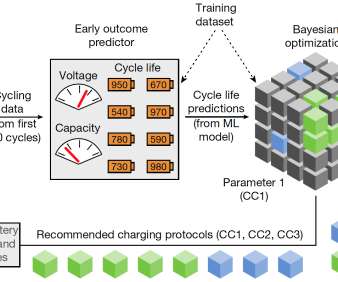



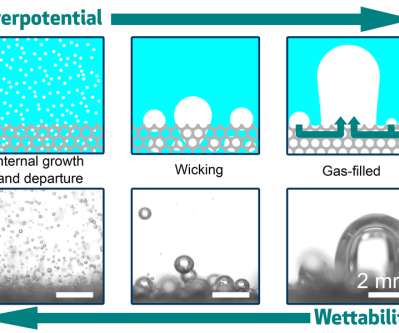














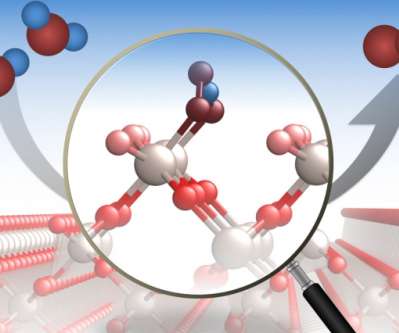




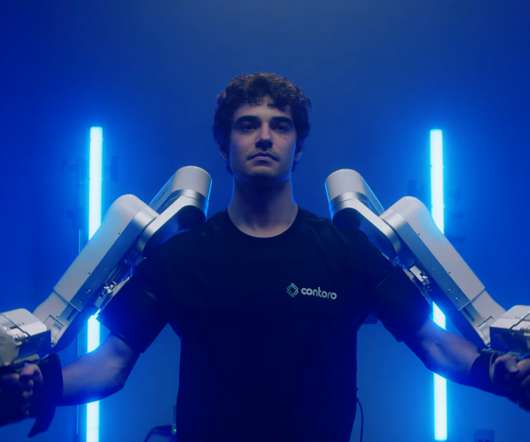
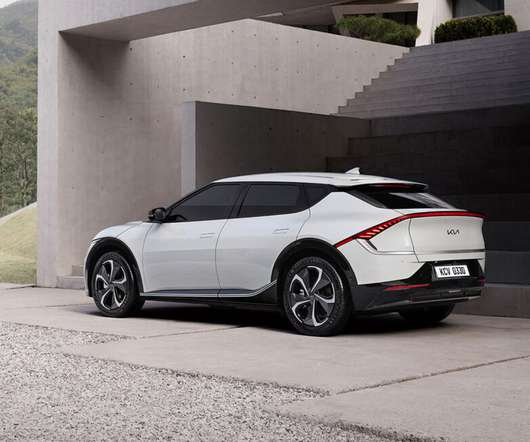

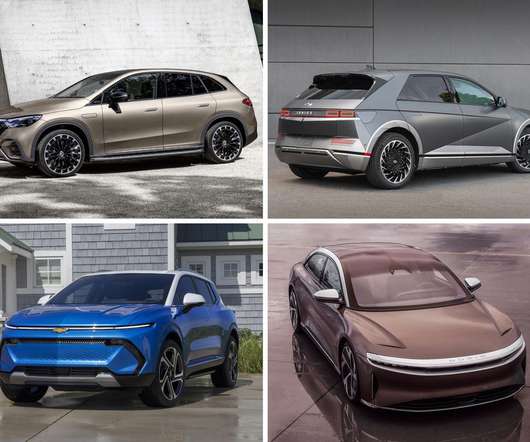






Let's personalize your content